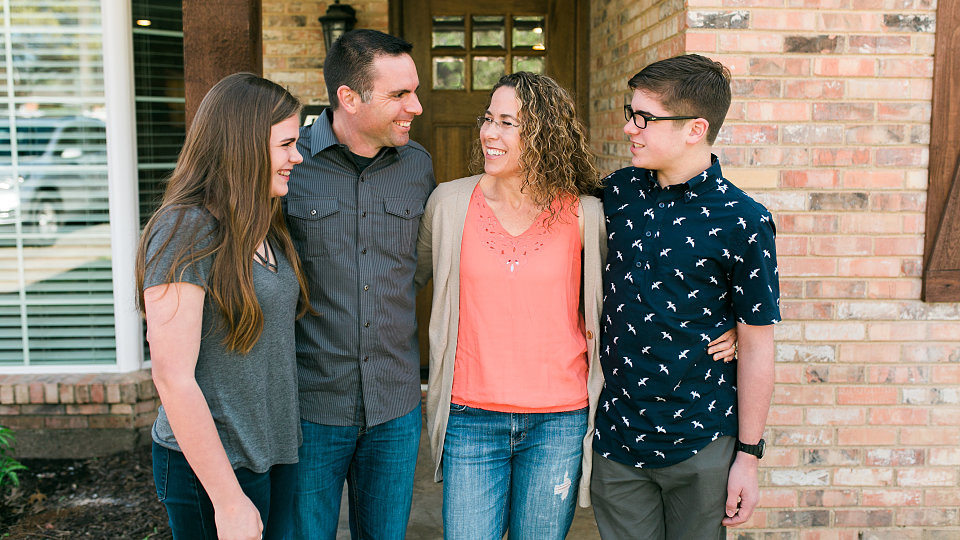How churches can support therapeutic foster care
“But how can people call for help if they don’t know who to trust? And how can they know who to trust if they haven’t heard of the one who can be trusted? And how can they hear if nobody tells them? And how is anyone going to tell them, unless someone is sent to do it?” Romans 10:14-15b (MSG)
Children who enter the foster care system have experienced abuse and neglect. Many have physical and emotional wounds that heal over time. However, some emotional wounds are more difficult than others to overcome and can even stay in a child’s life forever.
When a child in foster care has these hard-to-overcome wounds, he might be considered a child in need of “therapeutic services.” The hardest part about having to live with these types of wounds is that the world does not see them. Others are not aware of them, yet they torment the life of a child in alarming ways.
Often times, these children live an isolated life because their outward behavior or demeanor scares others. Many times, they cause the children to get in trouble and to be rejected once more. But as followers of Christ we are called to love our neighbors as ourselves. However, when our neighbor seems to be a threat to our comfort or our safety, that command seems to quickly fade away from our hearts. Though that threat may seem real, Jesus’s calling to us remains the same, “Love your neighbor as yourself.”
Children in need of love and acceptance live in our community. They are desperate to feel and experience love that does not judge and is not based upon our looks or the deeds we perform – the type of love that loves no matter what and accepts us as we are. Church members can do more than just pray for these kids.
But how? One way is for church volunteers, Sunday school teachers and youth leaders to increase their knowledge on trauma and its effects. The more they learn, the more they’ll be able to prevent these children from experiencing feelings of rejection when they attend services or church activities. Hosting special trainings that include discussions about how to interact with children who have experienced trauma are helpful for volunteers, as well as for the children they care for. Additionally, the church could create a sponsorship fund to help cover the cost of recreational or specialized activities for children in need in their congregation, such as grief or trauma camp, equine therapy or art therapy.
Another way to love and support these children is for church members to organize welcome, birthday, graduation or good-bye parties for the youth. This could be a great opportunity to pray for and bless them, as well as visibly show the love they have for them. As a welcome gift, the youth could receive a basket with therapeutic items (journal, noise-cancelling headphones, fidgets, blanket, lava lamp, etc.). If the child is returning home, the biological family could be invited to be part of this gathering, as well. At the party, church members can let them know they are already part of the church family, and they are welcome to reach out to the church at any time.
Additionally, church members can encourage children receiving therapeutic services to serve. This brings the child a sense of belonging, as well as gives church members the opportunity to mentor and support the youth. Opportunities to serve could include the media department, local missions or greeting.
If you’re interested in serving children in foster care, but don’t know where to start, check out our volunteer opportunities. We’d also encourage you to attend an information meeting to learn whether foster care or adoption through Buckner would be a good fit for your family, so you can provide a child with the unconditional love God has shown to us.
Written by Mayra Vargas, the foster care and adoption recruiter at Buckner Children and Family Services in Dallas, Texas.




Add a Comment